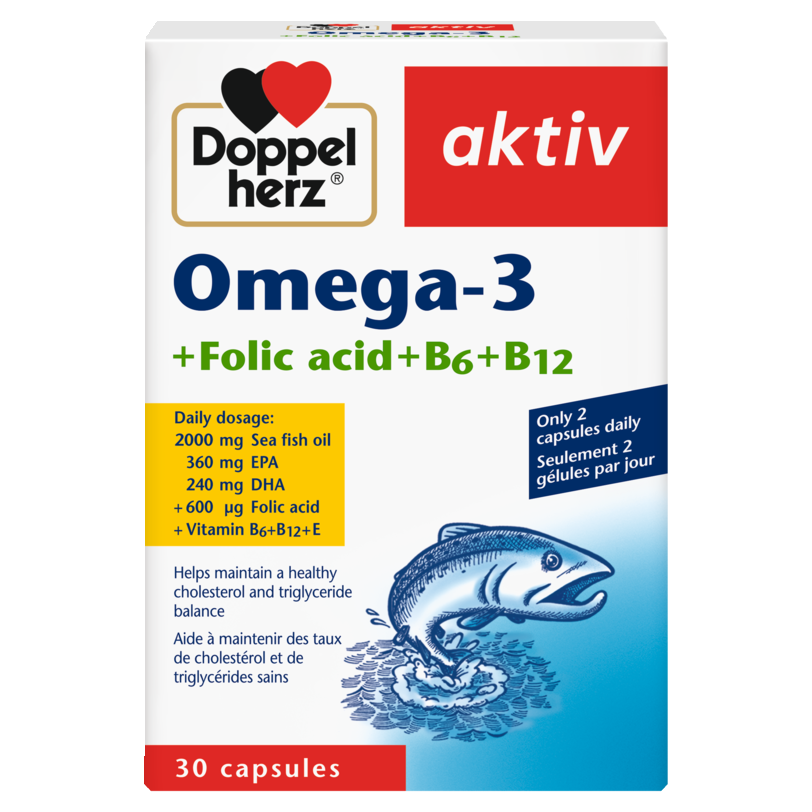
Phase 1 – Preparation
Well Prepared for the Fasting Period
Ramadan is a special time of the year that means a lot to many people who fast. It is an opportunity to pause, deepen your religious connection, and focus on yourself. These days and nights bring a spiritual atmosphere that we experience together with family, friends and the community. We collected a few tips to prepare for this special time:
- Adjust a routine:Begin to shift your eating and sleeping patterns a week or two before Ramadan. This helps the body adapt to fasting.
- Reducing caffeine and sugar intake gradually:It helps prevent withdrawal symptoms like headaches and irritability during fasting.
- Shopping for essentials:Do not wait the last minute to buy or stock up food since prices usually increase during Ramadan and several traditional foods may be quickly sold out. The same is true for supplements containing vitamins, minerals, and herbal extracts to ensure adequate nutrition and improve digestive comfort.
- Increase hydration levels:Increase your water intake in the days leading up to Ramadan, but avoid diuretics like caffeine.
- Balanced nutrition:Consume complex carbohydrates (e.g., oats, quinoa, brown rice) for sustained energy, include protein-rich foods (e.g., eggs, beans, yogurt) to keep you full longer and add healthy fats (e.g., nuts, seeds, olive oil) for a slow release of energy.
- Reduce heavy, spicy, or processed foods:Gradually cut down on these to prevent digestive discomfort

Phase 2 – Digestion during Ramadan
Support your Digestion during Ramadan
Digestion plays a central role in our well-being, especially during the fasting month of Ramadan. The shift in mealtimes to Suhoor (before sunrise) and Iftar (after sunset), along with the long fasting period in between, places significant strain on the digestive system. You may also find yourself eating too quickly or too much when breaking your fast after a long day. This is understandable, as the body develops a strong sense of hunger after hours of abstinence. However, this can make digestion more difficult and impact your overall well-being. Mindful eating, especially during Iftar, can help ease the strain on your body during this special time.
Here are a few additional tips for supplements during Ramadan to support digestion and maintain good micronutrient levels:
- Before Fasting (Suhoor):When fasting, the body can benefit from specific supplements to ensure it receives essential nutrients and functions optimally. Multivitamins are a great choice to cover any potential nutrient shortages and help the body better cope with the demands of fasting. Magnesium or calcium supplements can support muscle function and prevent cramps, which are common during extended fasting periods. Probiotics play a vital role in promoting gut health, ensuring a balanced digestive system. Lastly, omega-3 supplements are valuable for supporting normal brain and heart function, making them an excellent addition to a fasting regimen.
- Breaking the Fast (Iftar):After Ramadan, it’s essential to support the body’s recovery and maintain balance. Electrolytes can help rehydrate the body and restore its natural balance after the fasting period, while digestive enzymes or herbal extracts can ease digestion, especially after consuming heavier meals typical of celebratory feasts.
- Keep it slowly:The transition from fasting to a regular eating routine requires your attention to avoid overwhelming your body and to maintain the positive habits cultivated during Ramadan.
- Keep it balanced:After fasting, ease your stomach into a normal routine with small, balanced meals and easily digestible foods like soups, steamed vegetables, and whole grains. Avoid heavy, spicy, or fatty dishes. Gradually increase portions and reintroduce regular mealtimes to stabilize your metabolism. Stay hydrated by drinking plenty of water to support overall well-being. To replenish nutrient levels after fasting, it can be helpful to consume foods rich in Omega-3 fatty acids, such as fatty fish (e.g., salmon, mackerel), walnuts, or flaxseeds. Doppelherz aktivOmega-3 can also provide supportive benefits in this regard.
- Reflect and grow beyond:Ramadan encourages habits like mindfulness, gratitude, and purposeful action that can enhance well-being and personal growth. How can you carry these values into your daily life and continue nurturing your personal development?



